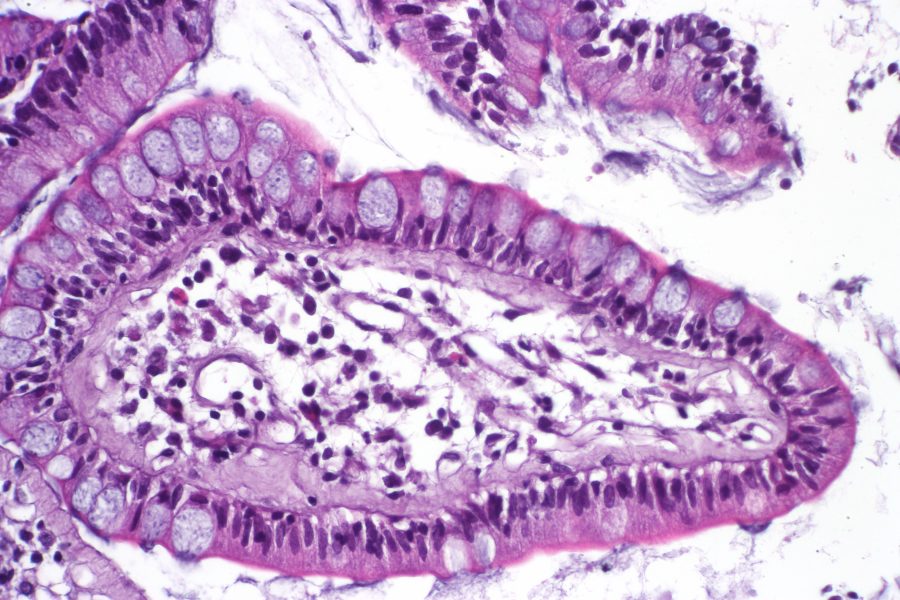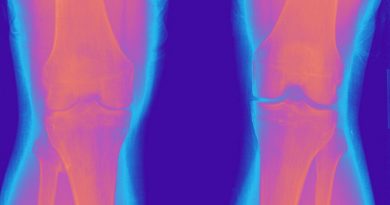UK Study Finds Autoimmune Disorders Affect Around One in Ten People
According to a recent UK population-based study published in The Lancet, approximately one in ten individuals are now affected by autoimmune disorders. The study, which involved 22 million people, also revealed significant differences in the socioeconomic, regional, and seasonal patterns of various autoimmune disorders. Furthermore, the findings provide new insights into the possible causes of these diseases.
This UK population-based study investigated the incidence, prevalence, and trends of 19 autoimmune diseases in the UK from 2000 to 2019, as well as factors such as sex, age, socioeconomic status, season, and region, and rates of co-occurrence among autoimmune diseases. The authors of the study analyses a vast dataset of anonymised electronic health records and aimed to determine whether cases of autoimmune diseases are increasing over time, identify the individuals most affected by these conditions, and examine the coexistence of various autoimmune diseases.
The scope and methodology of the study
Out of the 22,009,375 individuals who were part of the study, 978,872 were diagnosed with at least one autoimmune disease between January 1, 2000, and June 30, 2019. Out of the 978,872 individuals diagnosed with autoimmune diseases, 63.9% were female and 36.1% were male. The overall incidence rate of autoimmune diseases increased during this time period, with the highest increases seen in coeliac disease, Sjogren’s syndrome, and Graves’ disease. Pernicious anaemia and Hashimoto’s thyroiditis, on the other hand, decreased in incidence. Autoimmune disorders were found to be associated with each other, with Sjögren’s syndrome, systemic lupus erythematosus, and systemic sclerosis being commonly associated. The study also found a socioeconomic and regional gradient across several diseases. Additionally, individuals with childhood-onset type 1 diabetes had significantly higher rates of Addison’s disease, coeliac disease, and thyroid disease. Multiple sclerosis had a low rate of co-occurrence with other autoimmune diseases.
Overall, the 19 autoimmune diseases examined affected approximately 10% of the population, with 13% of women and 7% of men being affected. This is a higher prevalence than previously estimated, which ranged from 3-9%, and often relied on smaller sample sizes and included fewer autoimmune conditions.
There have been reports of an increase in the incidence of some autoimmune disorders, such as type 1 diabetes, over the past few decades, which has led to questions about whether the overall incidence of autoimmune disorders is increasing due to common environmental factors or changes in behaviour. The exact causes of autoimmune diseases, including the extent of the role of genetic predisposition versus environmental factors, remain largely unknown and are the subject of ongoing research. Because individual autoimmune diseases are rare and there are numerous types of them, conducting large studies and generating reliable estimates to answer these questions has been challenging.

Some of the current and emerging treatments for autoimmune diseases
The current treatments for autoimmune diseases aim to reduce inflammation and prevent tissue damage by suppressing or modulating the immune system. These treatments include anti-inflammatory and immunosuppressive drugs, biologic drugs, and small-molecule drugs. Emerging treatments aim to target specific pathways or cells involved in the disease process, and include gene therapy, stem cell therapy, antigen-specific immunotherapy, and engineered T-cell therapy. Gene therapy could restore the function of defective or missing genes, stem cell therapy could regenerate damaged tissues or organs, and antigen-specific immunotherapy could induce tolerance to specific antigens triggering the autoimmune response. For example, antigen-specific immunotherapy could be used to prevent the immune system from attacking gluten in celiac disease.
Read the full study: ‘Incidence, prevalence, and co-occurrence of autoimmune disorders over time and by age, sex, and socioeconomic status: a population-based cohort study of 22 million individuals in the UK‘, The Lancet.
Recommended Companies
More Headlines







